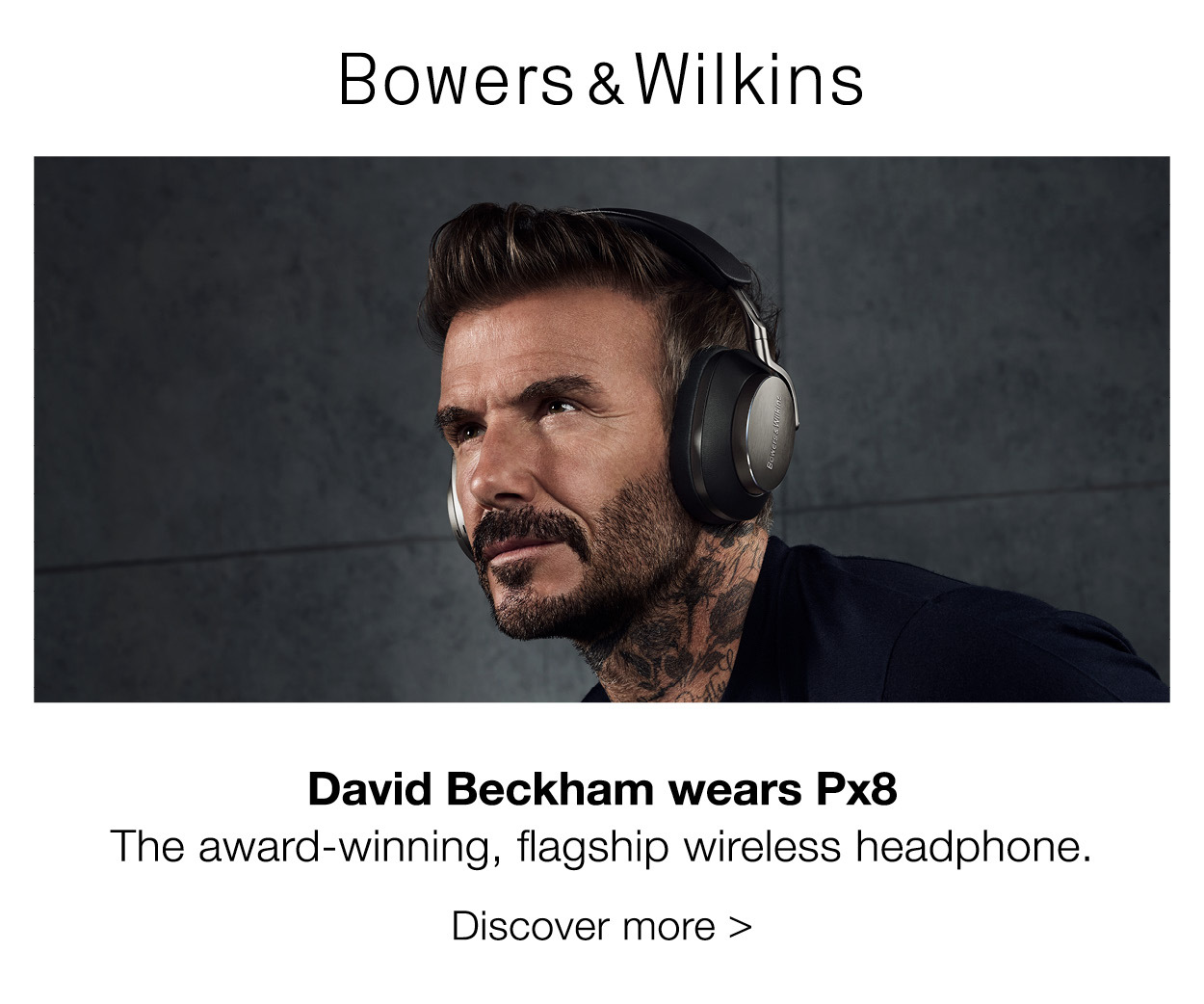It’s always good to listen to the customers
Yesterday I attended the launch of some new Antec products. One of the things Antec told me is that they actually read the emails we put through. They get the complaints and the suggestions and they actually read them. I have now talked to a company that has some inkling of “the customer.”
As Cyber Shack’s lead writer at the moment, I was drastically looking for something to write an editorial on yesterday.
I don’t know if it’s true, but I remember the first Antec case I ever owned had some stupid faults. The original Sonata was made to be incredibly quiet and yet someone had the intelligence to drill holes on the side spelling out Antec and simultaneously increasing noise. They also had a door that only swung open so far and broke pretty quickly as well as blue light that always kept me up at late. I remember putting some big slippers over the light so I could fall asleep. We in the tech community called it the Deathstar Light as a result.
When the Sonata II came out, I was building a computer and opted for that case. Antec must have listened to our complaints because much of what we had complained about (like the Antec logo holes, the rather flimsy door, and the irritating blue light) was fixed. The reason I write about all of this sort of thing is this: I have now talked to a company that has some inkling of “the customer.” “The customer” is that feeling you get knowing that once you’ve purchased said product, your input might be valuable because you are essentially a “valued customer”. But how many companies do you know where the customer hasn’t been thought of and things like products & drivers are worse off? Where they must have sat around in meetings for days on end not so much discussing ways to screw the customer but just not thinking about what the consumers would actually want and instead looking to how to fatten their wallets instead? I can name numerous companies that need to think of the customer. Companies that should be listening to the complaints, suggestions, rants, and raves in order to make their products just that much better and learn from their mistakes. The point of it all is that when you do listen to the customer, it makes you stronger as a brand. We, the people who will be shelling dollars on your products, are the ones who will tell others to buy it. They’ll tell their friends, read our reviews, laugh at people who bought the worse brand and tell them to move to the good brand. Your brand. Companies take note: by ignoring us, you’re hurting yourself. Written by Leigh D. Stark






